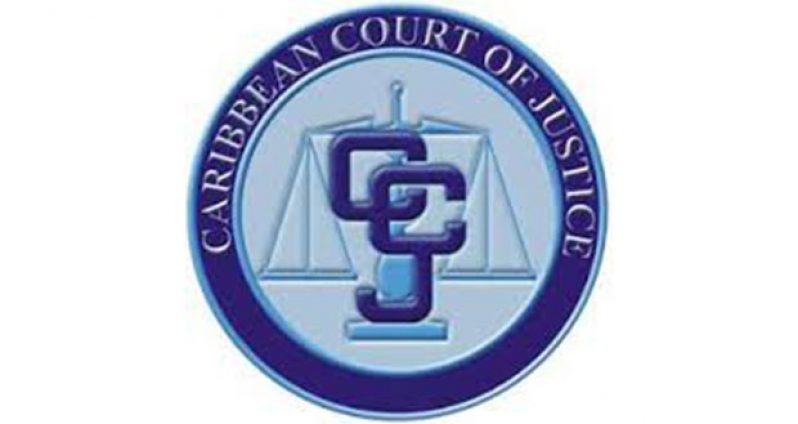THE Caribbean Court of Justice’s (CCJ) first submission to the European Commission on Democracy through Law (the Venice Commission) has now been published in the Commission’s CODICES database.
The submission comprised the summary (Précis) and full text of the Court’s seminal decision in the case of The Attorney General, Superintendent of Prisons and Chief Marshal v Jeffrey Joseph and Lennox Ricardo Boyce [2006] CCJ 3 (AJ).
This appeal was filed and heard in the Court’s Appellate Jurisdiction. In late 2015, the CCJ was invited to enter into a co-operation arrangement with the Venice Commission, the Council of Europe’s advisory body on constitutional matters, to have its decisions, and their summaries, in cases concerning Constitutional law and human rights law issues to be included in CODICES.
These cases span both the Appellate and Original Jurisdictions of the Court. CODICES is the Venice Commission’s free public access InfoBase on Constitutional case law, which provides access to over 8,000 judgments and summaries in cases decided by Constitutional Courts and courts which deal with similar matters, including international courts.
It was established by the Commission’s Secretariat in Strasbourg and hosts decisions and summaries in English, French and other languages.
According to Tanja Gerwien of the Constitutional Justice Division of the Commission, the database “greatly facilitates comparative research and is an important source of inspiration for judges and constitutional practitioners.”
The president of the CCJ, Sir Dennis Byron, noted that, “the Court takes great pride in being afforded the opportunity to contribute to the advancement of jurisprudence in human rights law on an international scale, through the publication of its decisions on CODICES.”
In Joseph and Boyce, a case from Barbados, the CCJ dismissed the appeal and made two very significant pronouncements on Constitutional issues. Firstly, that the exercise of powers of prerogative mercy by the Governor-General, under section 78 of the Barbados Constitution, can be reviewed by the courts where there is a breach of the rules of procedural fairness. Secondly, the fact that Barbados had ratified the American Convention on Human Rights and acted in a manner which was compliant with the Convention, created a legitimate expectation that Joseph and Boyce would have been afforded a reasonable time for the filing and completion of proceedings before the Inter-American Commission on Human Rights and for the Commission’s report to be made available to the Barbados Privy Council in support of their petition for commutation of their death sentences. This legitimate expectation was not affected by the fact that the treaty was not incorporated into domestic law and the State’s attempt to execute the men without giving them that opportunity was a denial of their right to protection of the law for which the court had an inherent remedy.
The CCJ agreed that the Court of Appeal acted properly in commuting the death sentences imposed on the men.




.png)









